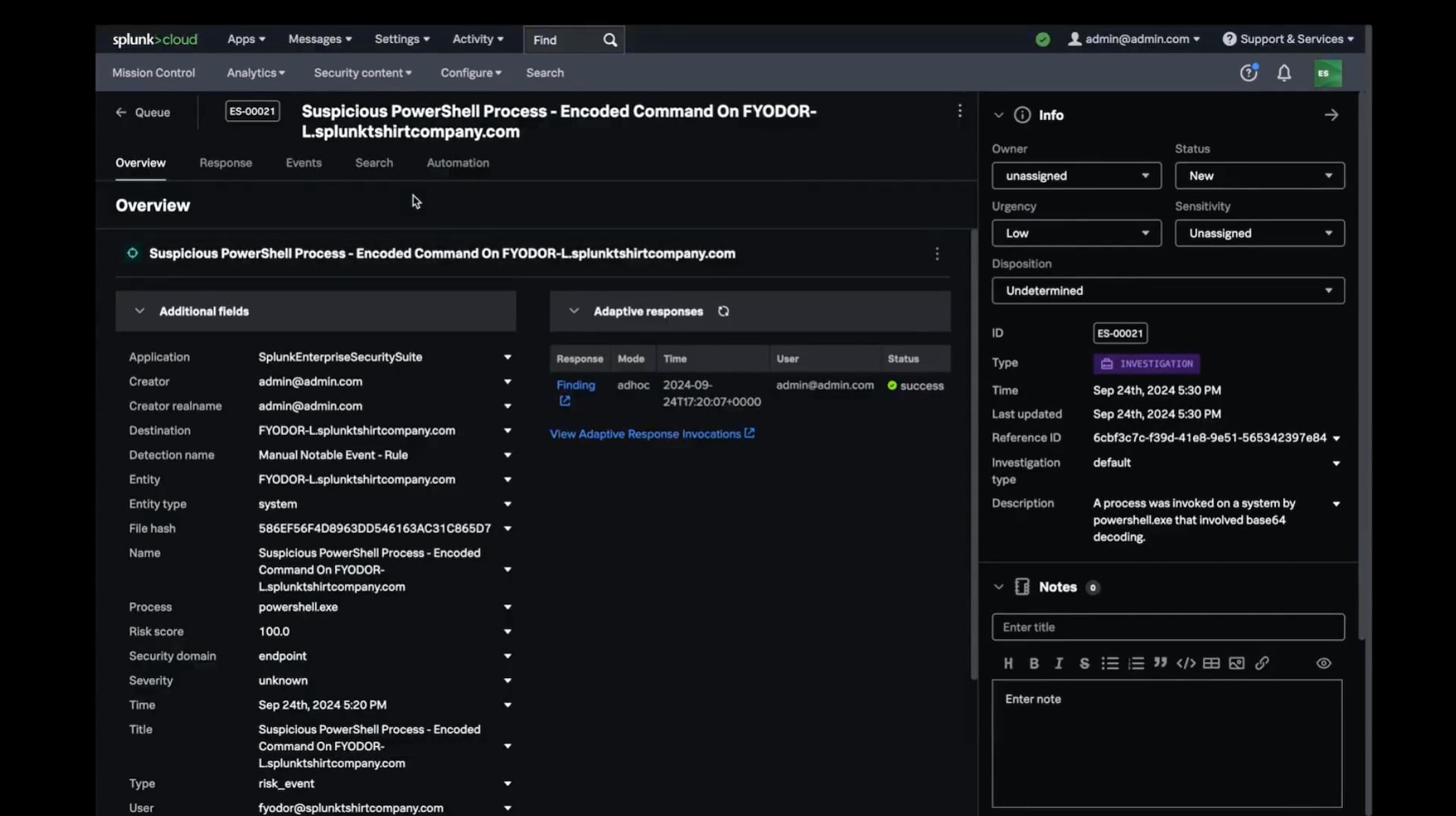
This article provides guidance on how to document a case in security operations. When you triage security events, investigate something suspicious, or respond to an incident, what you record is important. It provides evidence that your investigation was thorough, accurate, and correct. For complicated incidents, your notes support your team. They also allow others to learn from your past work.